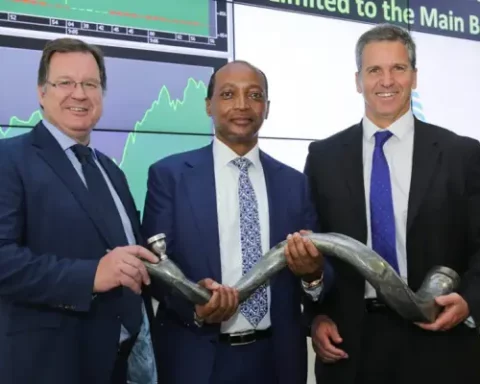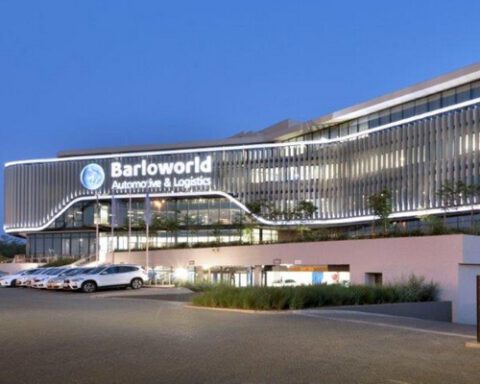There’s still no sign of a firm offer from Caxton for all or part of the 65.1% of packaging company Mpact that it does not already own. That’s despite the Competition Commission recently stating it had completed its investigation into allegations of anticompetitive behaviour involving Mpact and its major competitor New Era Packaging, and that it would not be fining Mpact.
New Era Packaging will pay an administrative fine of R23.1m but gets away without admitting any liability. Mpact doesn’t even have to pay a fine thanks to the commission’s leniency programme, which prompted the company to fess up to the commission back in 2016. The Competition Tribunal has to approve the deal but, given the circumstances, that seems a formality.
Caxton has been hovering around Mpact for more than four years, scooping up a smidgeon below the critical 35% level and generally making life a little difficult for the Mpact board. To date, Caxton has refused to make a firm offer for Mpact on the grounds that it was the subject of a formal investigation into allegations of price fixing and collusion. Until that investigation was finalised, Caxton was wary of pulling the trigger, securing control and then finding itself facing a hefty penalty from the competition authorities, according to company chair Paul Jenkins.
So now it’s got the all-clear, you’d think Caxton would be rushing to make the much-anticipated formal offer. That, however, is not how the ultra-conservative Caxton works. Jenkins says the board is looking into the latest development and considering what its next move should be. There’s also a whiff of uncertainty about whether the commission’s investigation covered the period from 2016. If not, then the possibility remains of Mpact being landed with a fine.
Mpact CEO Bruce Strong confirms the board has not received an offer from Caxton. If there was one, says Strong, it would be announced in the normal way. “We have also reached out to their board on several occasions. Caxton agreed to engage with the Mpact board after our recent AGM, but no date has been set as yet.”
Biding its time
Of course, with a 34.9% stake under its belt, Caxton can take its time. And that won’t please anyone on the Mpact board as it continues to make life difficult for the directors. The voting results of the latest AGM, on June 7, show how tough governance can be when there’s an unhappy major shareholder sitting on the sidelines.
For starters, a 34.9% holding can prevent any special resolutions, which need 75% approval, from being passed. So, for the third year in a row, the Mpact board failed to secure approval to provide financial assistance to its subsidiaries or to pay its nonexecutive directors. The board says its subsidiaries’ borrowing facilities are robust enough to deal with the situation. Better still, new amendments to the Companies Act remove the requirement for shareholder approval for financial assistance to subsidiaries.
As for nonexecutive directors’ pay, Mpact came up with an ingenious – albeit slightly dubious – solution. All the directors have been appointed to the main operating subsidiary where they are happily remunerated.
Still, the 50%-plus opposition to Mpact’s remuneration policy and its implementation could cause problems when the new companies amendments come into force. Let’s hope that by next June the warring parties have come to a more amicable arrangement.
On the share front, there’s little urgency for Caxton to commit to a firm bid. Mpact’s recently released trading update points to a sluggish performance in the current financial year. At about R30, the share price has certainly recovered well from the Covid low of about R7, but until operations pick up more persuasively or there is some resolution of the Caxton fracas, there’s unlikely to be much scope for further gains.
Top image: Collage of Mpact CEO Bruce Strong. Image supplied/Currency.









